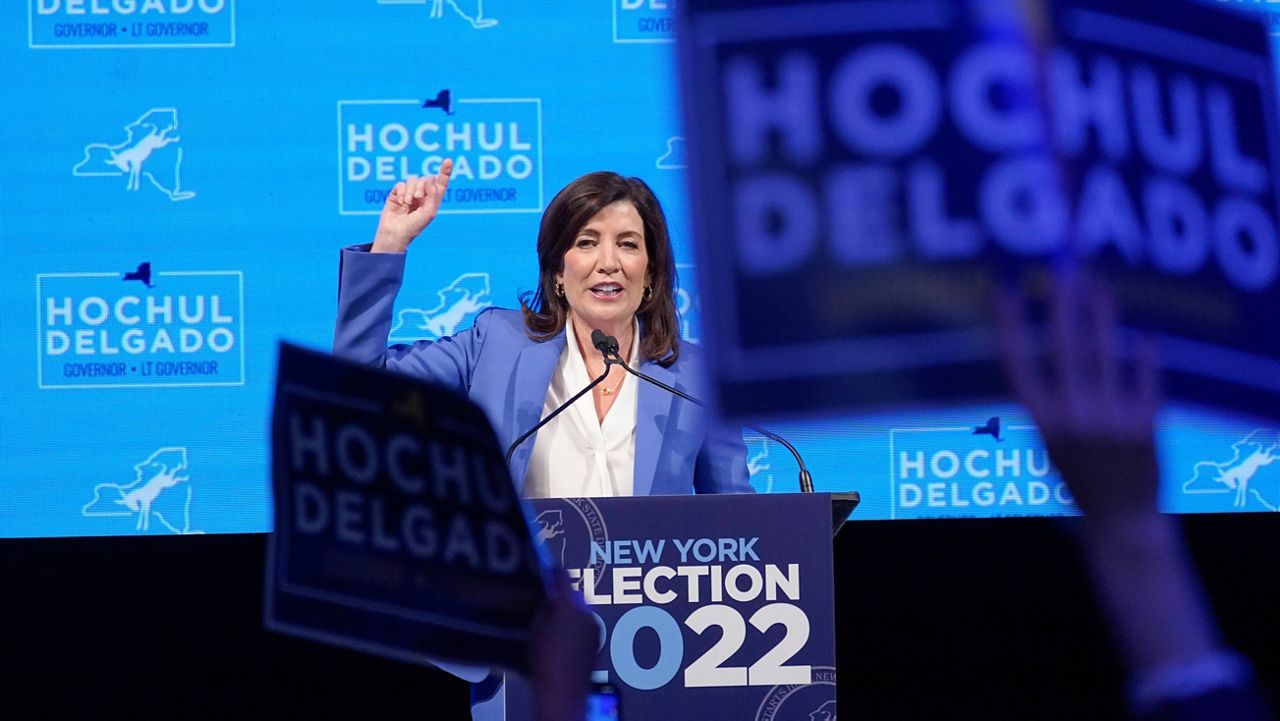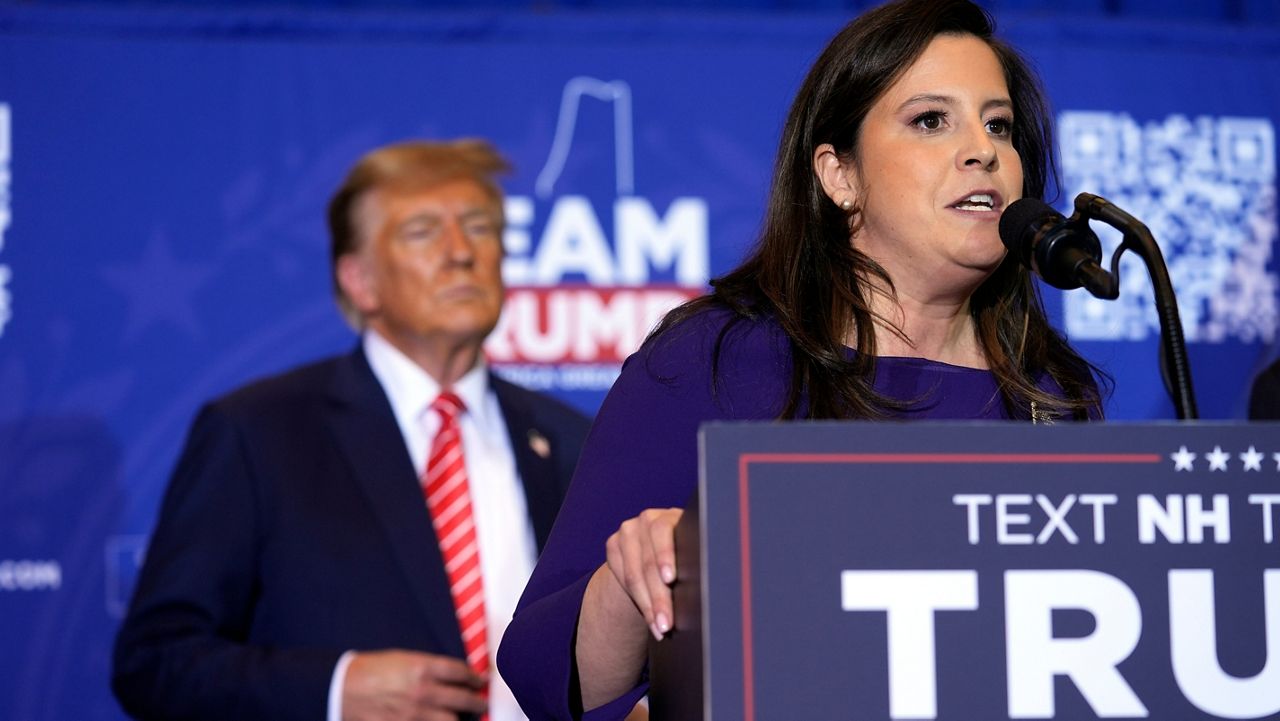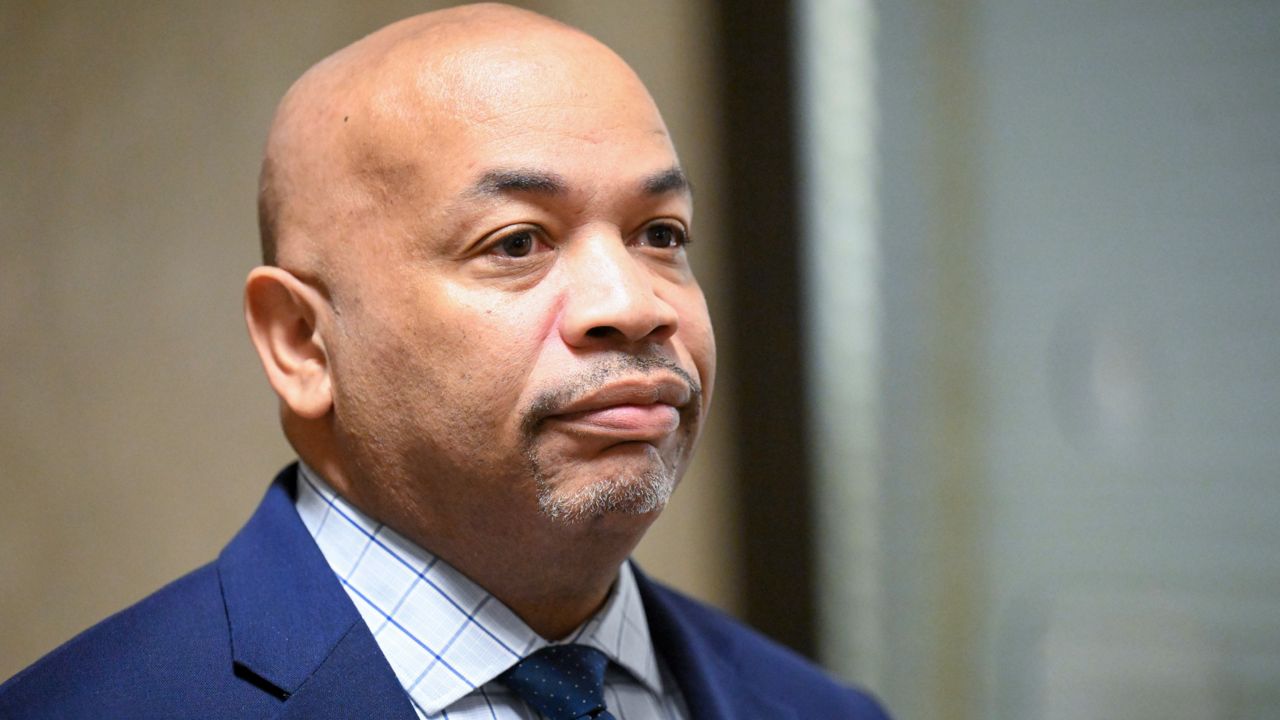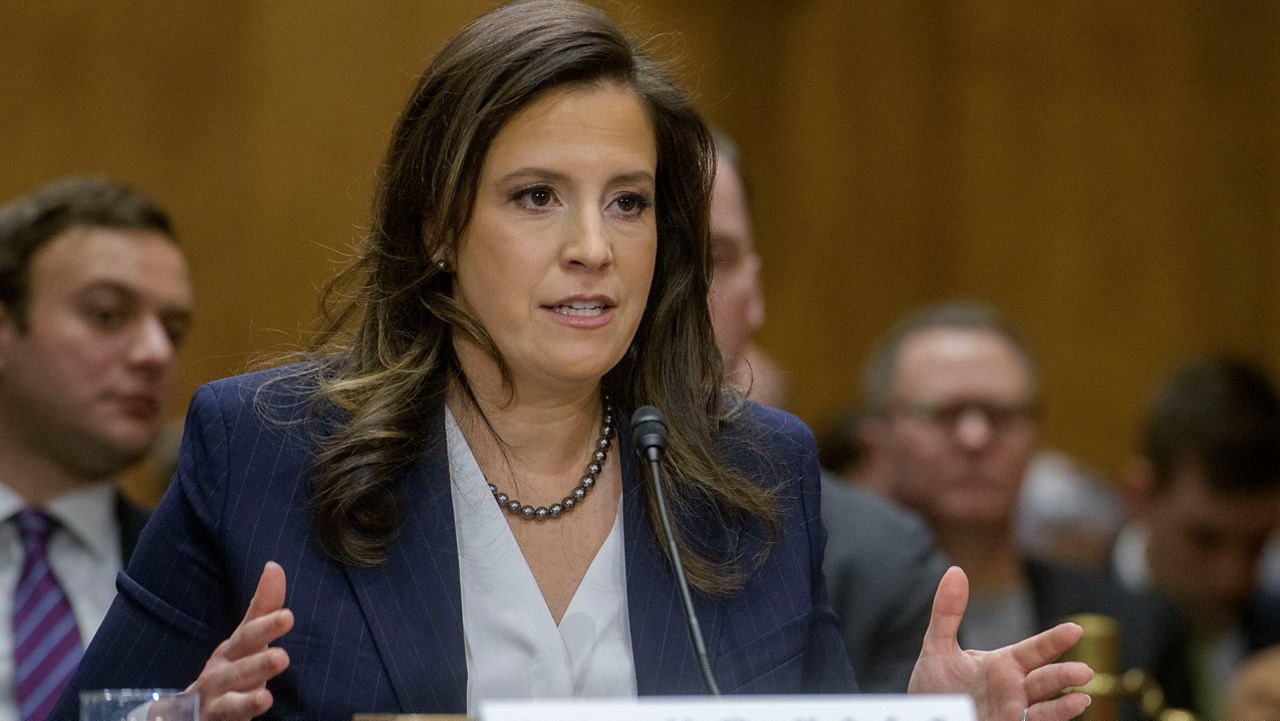The center held for Gov. Kathy Hochul as voters in New York gave her a full, four-year term on Tuesday night, cementing a victory that will allow her to put her own stamp on Albany.
Hochul’s victory is history making: She’s the first woman elected to the position, and the first upstate resident elected governor in a century.
Her victory came against Republican Rep. Lee Zeldin, who ran a virtually single-issue race surrounding voter concerns over public safety and crime in New York in the wake of the COVID-19 pandemic.
Hochul had countered with pointing to Zeldin’s unapologetic alliance with former President Donald Trump, who remains anathema for many voters in New York.
She also seized on Zeldin’s opposition to abortion rights following a Supreme Court ruling that overturned the landmark Roe v. Wade decision.
Zeldin had insisted he would not change abortion laws in New York if elected governor; Democratic opponents called those claims a lie.
For Democrats, Hochul’s win is an affirmation of how deeply the state has turned a shade of blue over the last 20 years since George Pataki was the last Republican to win a statewide race. Hochul was able to keep together a stable coalition of New York City voters, upstate urban residents and just enough suburbanites to win.
Zeldin had run an unusually competitive race in New York, where Republicans are now outnumbered by not just Democrats, but also voters who have selected no political party.
There will be questions going forward for Republicans after Zeldin’s loss against Hochul. How can Republicans hope to compete statewide in New York in a year that was otherwise favorable to the GOP? Was Zeldin’s focus on crime too narrow? Was he too conservative on issues like abortion?
These are questions Republicans will spend the next four years pondering as Hochul lays out an agenda for the state.
But Democrats, too, have their own challenges.
There is deep uncertainty facing the national economy, with spiking inflation and concerns of a potential recession in the coming months. New York’s budget relies on a fragile source of revenue in tough economic times: The personal income tax.
Any change in cash coming into the state from very rich people will lead to questions over whether to slow spending or once again increase taxes, perhaps more broadly than in recent years.
An update on the state’s fiscal outlook has yet to be released, missing a deadline required by law. Keeping the document under wraps is a sign there’s bad news potentially on the budget horizon — a development that would have effects on how schools and health care programs are funded.
Hochul will also likely face lingering questions over the resilience of New York City as crime continues to be a lingering concern. Progressives will want to pursue further criminal justice law changes in Albany like the long-sought bill to seal and expunge criminal records.
At the same time, Democrats like Mayor Eric Adams and Albany County District Attorney David Soares are seeking changes to laws that largely eliminated cash bail requirements for many criminal charges as well as the juvenile justice system.
Hochul took office 14 months ago following the resignation of Andrew Cuomo, who left office amid allegations of sexual harassment and questions over his handling of the COVID-19 pandemic.
Hochul is moving forward with a review of how the state responded to a variety of pandemic-related issues, from nursing homes to schools and the closure of businesses. She’s promised it will be exhaustive, but the outside consultant does not have subpoena power.
Hochul spent the last year distancing herself from Cuomo, an out-sized political personality in New York who dominated the state government its politics for more than a decade.
Her last year was spent playing out what would have been the conclusion of Cuomo’s third term. The next four years will be for her.









